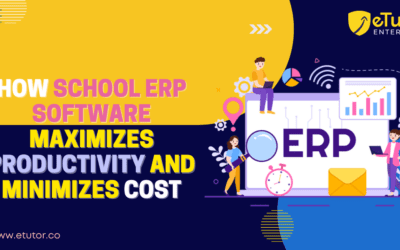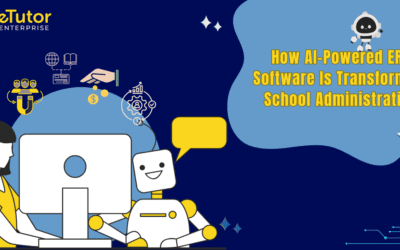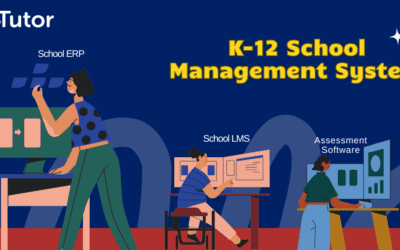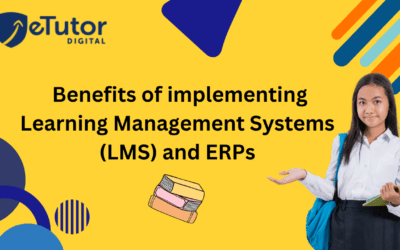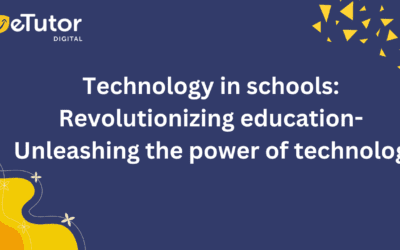How ERP Enhances Workflow Management in Schools
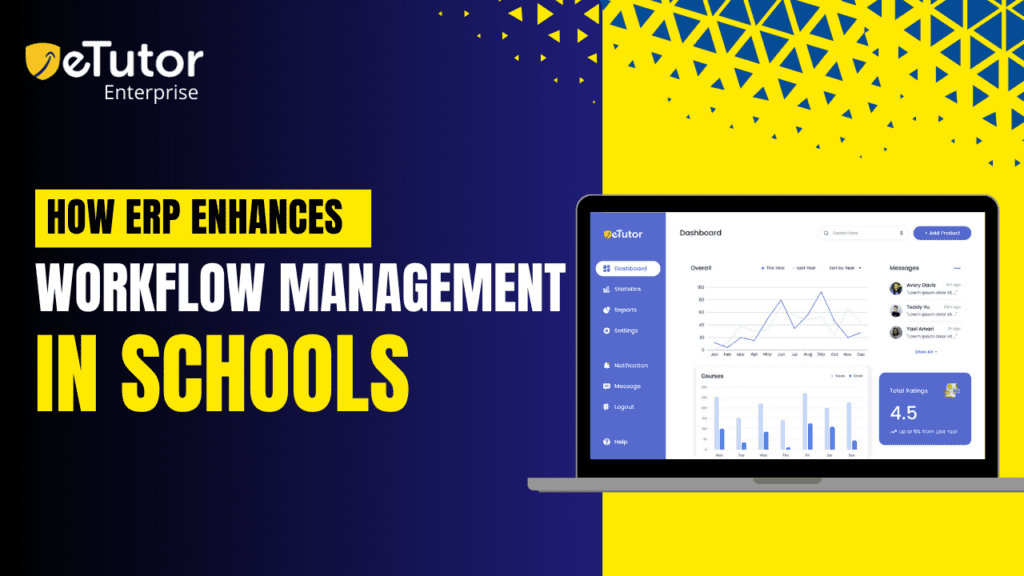
Introduction
Workflow management and Enterprise Resource Planning (ERP) are crucial elements in modern organizational operations. They play a vital role in enhancing efficiency, streamlining processes, and improving overall productivity. In this discussion, we will delve into the definitions of workflow management and ERP, exploring how ERP systems contribute to improving workflow management efficiency in schools.
What is Workflow Management?
Workflow management refers to the systematic design, execution, and monitoring of tasks within an organization to achieve specific goals or outcomes. It involves the coordination of various processes, people, and resources to ensure a smooth and efficient flow of work.
Workflow management systems help schools automate, optimize, and streamline their business processes, ultimately leading to increased productivity and reduced errors.
What is ERP?
Enterprise Resource Planning (ERP) is a comprehensive software solution that integrates and manages core business processes such as finance, human resources, procurement, inventory, and more. ERP systems provide a centralized platform for data and information, enabling organizations to make informed decisions based on real-time insights. By connecting different departments and functions, School ERP software facilitates seamless communication and collaboration, fostering a more efficient and transparent workflow.
How ERP Enhances Workflow Management Efficiency in Schools:
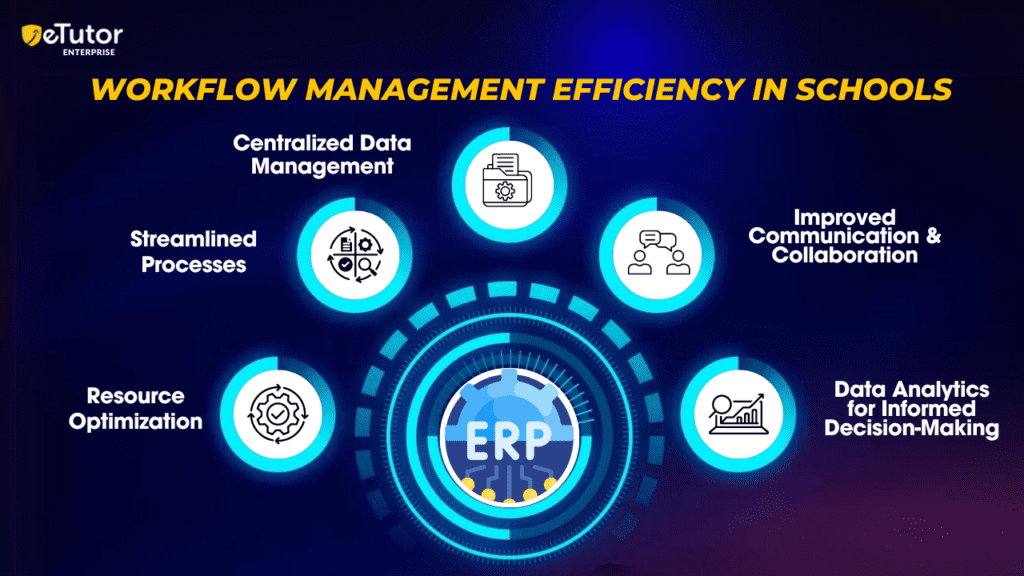
● Centralized Data Management: ERP systems consolidate data from various school departments, creating a unified and centralized database. This ensures that information is accurate, up-to-date, and easily accessible, reducing the risk of errors and duplication.
● Streamlined Processes: ERP automates routine tasks and processes within schools, eliminating manual interventions and reducing the time required for administrative tasks. This streamlined approach enhances workflow efficiency, allowing staff to focus on more strategic and value-added activities.
● Improved Communication and Collaboration: ERP systems facilitate better communication and collaboration among different departments within schools. Teachers, administrators, and staff can share information seamlessly, leading to quicker decision-making and a more coordinated approach to school management.
● Resource Optimization: With ERP, schools can efficiently manage their resources, including classrooms, staff, and materials. This optimization ensures that resources are utilized effectively, minimizing waste and enhancing overall operational efficiency.
● Data Analytics for Informed Decision-Making: ERP systems provide powerful analytics tools that allow schools to analyze performance metrics, student outcomes, and other key indicators. Informed decision-making based on these insights enables continuous improvement and strategic planning.
Conclusion:
In conclusion, workflow management and ERP are integral components of efficient organizational operations, and their synergy can significantly benefit schools. The centralized data management, streamlined processes, improved communication, resource optimization, and data analytics capabilities of ERP systems contribute to enhancing workflow efficiency in educational institutions. Embracing ERP technology can empower schools to navigate the complexities of modern education with agility and effectiveness, ultimately fostering a more conducive learning environment for students and facilitating the overall growth of the institution.
Recent Posts
- NTA-Based Hybrid Assessment Software for IIT-JEE Mains, Advanced & NEET
- eTutor Offline Exam Software for IIT-JEE, NEET, and Foundation with Student Performance Analytics
- NEET Test Generator for Academies & K-12 Schools
- How School ERP Software Maximizes Productivity and Minimizes Cost
- How Does ERP Software for Schools Help Educators?

